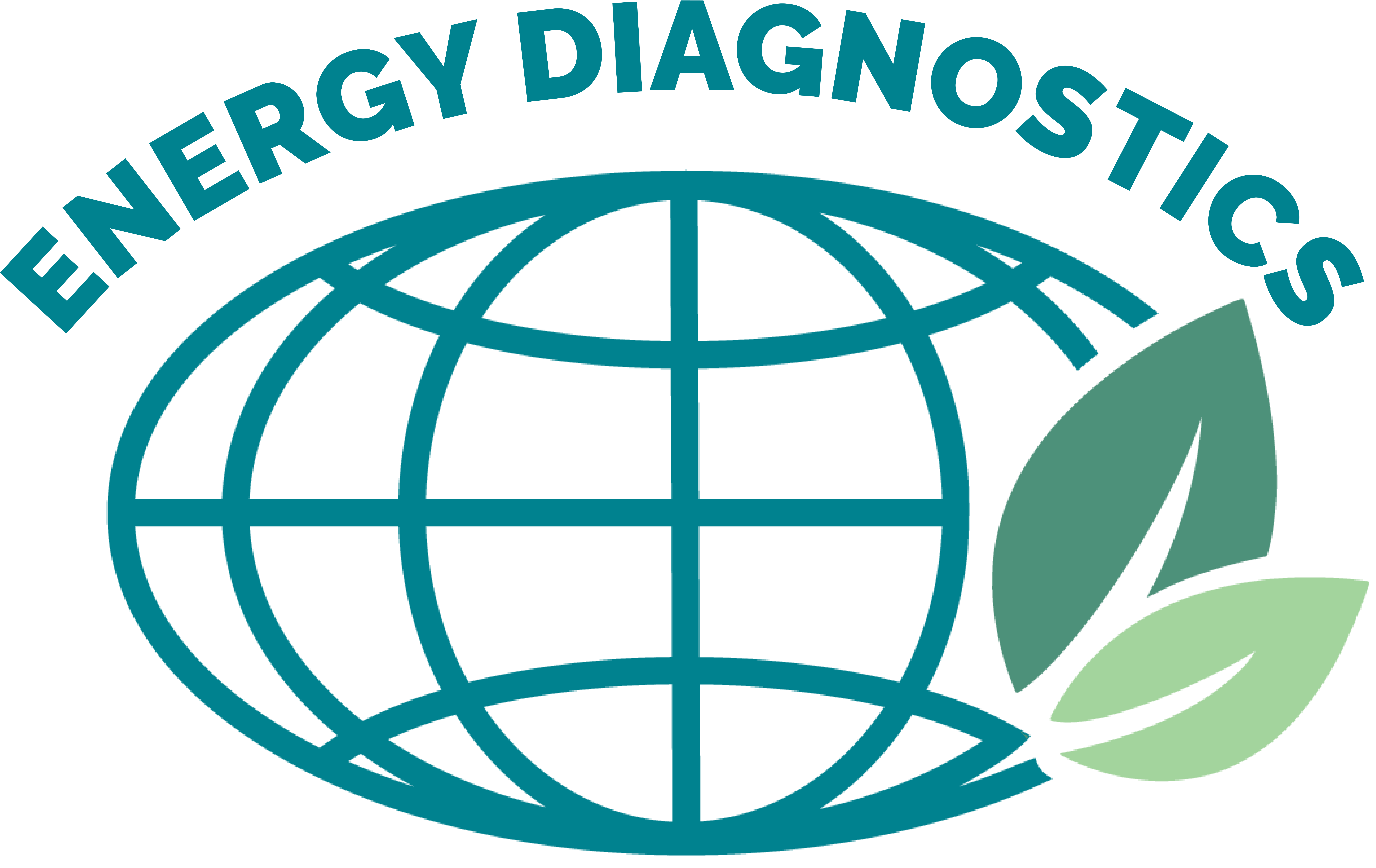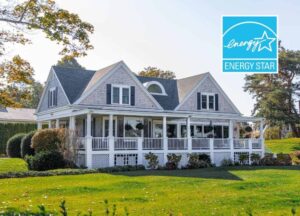Top 5 Green Building Certifications for Residential Builders
As the world becomes more environmentally conscious, many homeowners are looking to build or renovate their homes in a way that is sustainable and eco-friendly. To meet this demand, there are now several green building certifications available to residential builders and developers in the United States. These certifications offer a way to measure and verify a home’s green features, ensuring that they meet certain environmental and energy efficiency standards. In this blog, we’ll take a closer look at some of the top green building certifications for residential builders and developers.

Enterprise Green Communities:
Enterprise Green Communities is a national certification program that focuses on affordable housing. The program provides guidelines for building or renovating affordable homes in a way that promotes energy efficiency, indoor air quality, and sustainability. Some of the key features of Enterprise Green Communities include the use of energy-efficient appliances and lighting, the use of low-VOC (volatile organic compound) materials to improve indoor air quality and the implementation of water conservation measures. Builders and developers who achieve Enterprise Green Communities certification can receive marketing and public relations support from the program, as well as access to financing options and technical assistance.
National Green Building Standard (NGBS)
The National Green Building Standard (NGBS) is a certification program that covers a wide range of green building practices. The program offers four levels of certification: Bronze, Silver, Gold, and Emerald. The NGBS certification covers areas such as energy efficiency, water conservation, indoor air quality, and sustainable site development. Builders and developers who achieve NGBS certification can use the program’s logo on marketing materials, which can help to differentiate their homes from non-certified homes. Additionally, the program offers resources such as technical assistance and marketing support.
Energy Star Certification
Energy Star Certification for Homes is a program that focuses specifically on energy efficiency. The program is administered by the U.S. Environmental Protection Agency (EPA) and provides guidelines for building or renovating homes in a way that reduces energy consumption and greenhouse gas emissions. Some of the key features of Energy Star Certification for Homes include the use of energy-efficient appliances and lighting, the implementation of a high-efficiency HVAC system, and the use of airtight construction techniques to reduce drafts and improve indoor air quality. Builders and developers who achieve Energy Star Certification for Homes can use the program’s logo on marketing materials and receive training and technical support from the EPA.
DOE Zero Energy Ready Home (DOE ZERH)
The DOE Zero Energy Ready Home (DOE ZERH) is a certification program that focuses on energy efficiency and renewable energy. The program provides guidelines for building or renovating homes in a way that is designed to produce as much energy as it consumes. Some of the key features of DOE ZERH certification include the use of high-efficiency insulation and windows, the implementation of airtight construction techniques, and the installation of a renewable energy system such as solar panels. Builders and developers who achieve DOE ZERH certification can use the program’s logo on marketing materials and receive technical support and training from the Department of Energy.
Home Energy Rating System (HERS)
The Home Energy Rating System (HERS) is a program that provides a rating for a home’s energy efficiency. The HERS rating is a number between 0 and 150, with lower numbers indicating better energy efficiency. The program provides guidelines for improving a home’s energy efficiency, such as the use of high-efficiency insulation and windows, the implementation of airtight construction techniques, and the installation of energy-efficient appliances and lighting. Builders and developers who achieve a low HERS rating can use it as a marketing tool to differentiate their homes from less efficient homes.
In conclusion, green building practices have a significant impact on the health and wellness of building occupants. Green buildings improve indoor air quality, reduce air pollution, and noise pollution, promoting a healthier living environment. Builders and developers should embrace green building practices, not only for their environmental benefits but also for the positive impact they have on the health and wellness of residents. As the world continues to focus on environmental conservation and sustainable living, green building practices will become increasingly important in the construction industry.
Here at Energy Diagnostics, we want to help you improve the efficiency of your homes. With our expertise, you can lower your environmental impact and save some money on your energy bill in the process.

